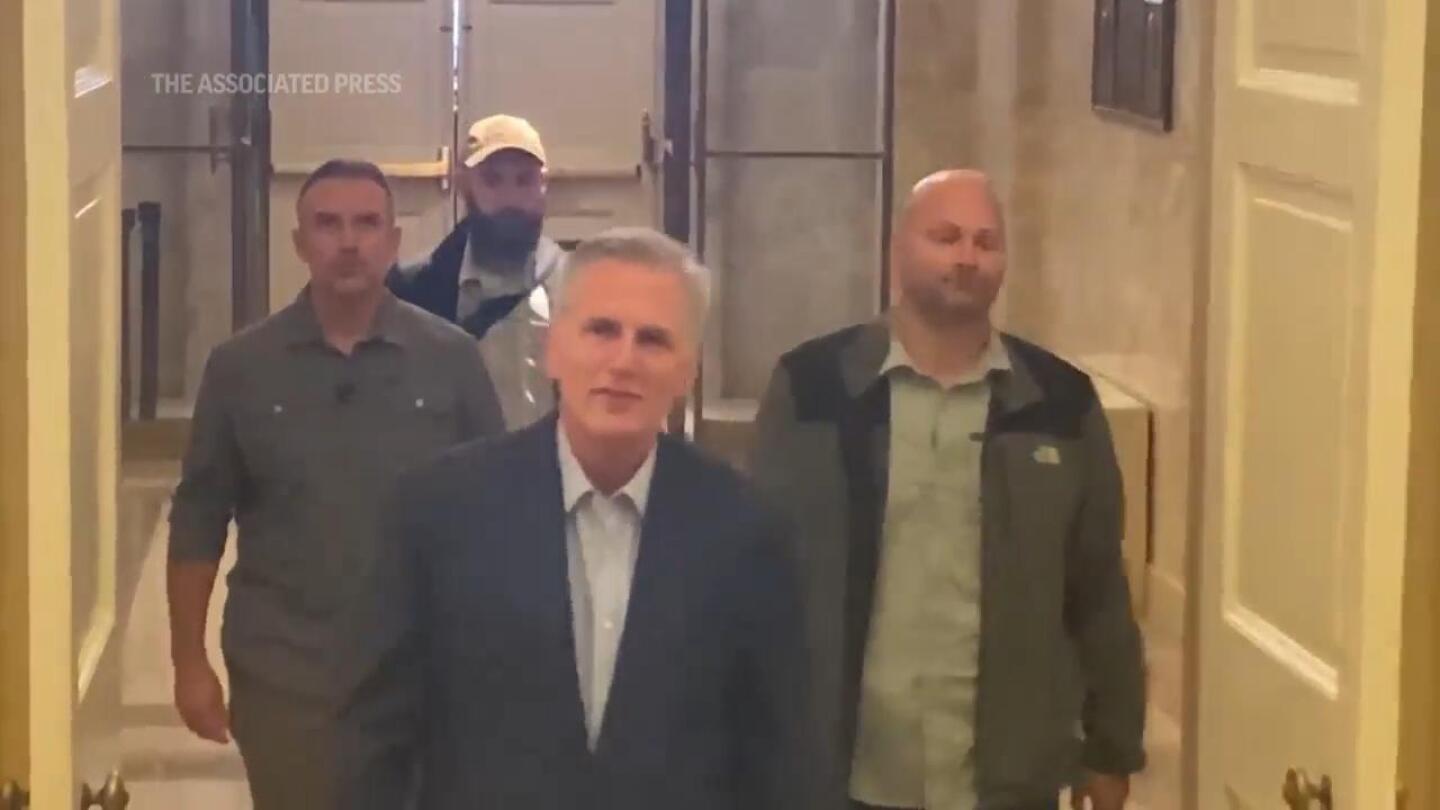House Speaker Kevin McCarthy’s last-ditch plan to keep the federal government temporarily open collapsed in dramatic fashion Friday as a robust faction of hard-right holdouts rejected the package, making a shutdown almost certain.
McCarthy’s right-flank Republicans refused to support the bill despite its steep spending cuts of nearly 30% to many agencies and severe border security provisions, calling it insufficient.
The White House and Democrats rejected the Republican approach as too extreme. The vote was 198-232, with 21 hard-right Republicans voting to sink the package. The Democrats voted against it.



People thought that was the case with finance until 2008, instead we had people left homeless and jobless for years. Wealthy people have a safety net when the system fails. Poor people do not. If the U.S. crashed, people would die from the fallout. People died in the last recessions and they weren’t mostly the rich.
By crash I mean a new economy needs to be built, we’ve never not been slaves to this one.
And most humans will continue to slave for a handful of sociopathic families until that happens. It will eventually. Entropy is absolute and Rome always falls in the end. Maybe not in our lifetimes, but if you think we can stay this course without planet devastating catastrophe by our own hands and technology we don’t fully understand used for short term profit at all costs.
Do you want the end to be inflicted on all of us, or do you want there to be enough left to meaningfully rebuild?
Building up a new economy is not a crash. A crash is when the current system gets wrecked and it’s possible something better emerges from the ashes. The problem is that an economic crash primarily hurts the poor, even if they don’t own the stocks/property/means of production. They’re the ones whose jobs and homes are lost.
Consider, for example, the Bengal famine. Entirely economic, there was literally enough food but it became prohibitively expensive due to market forces driven by the British. The rich British aristocrats didn’t suffer, Indians did. In Venezuela when the market crashed, rich people got out or are able to weather it. Poor people are either stuck having to attempt to make the best of a terrible situation, or flee and seek aid as migrants.